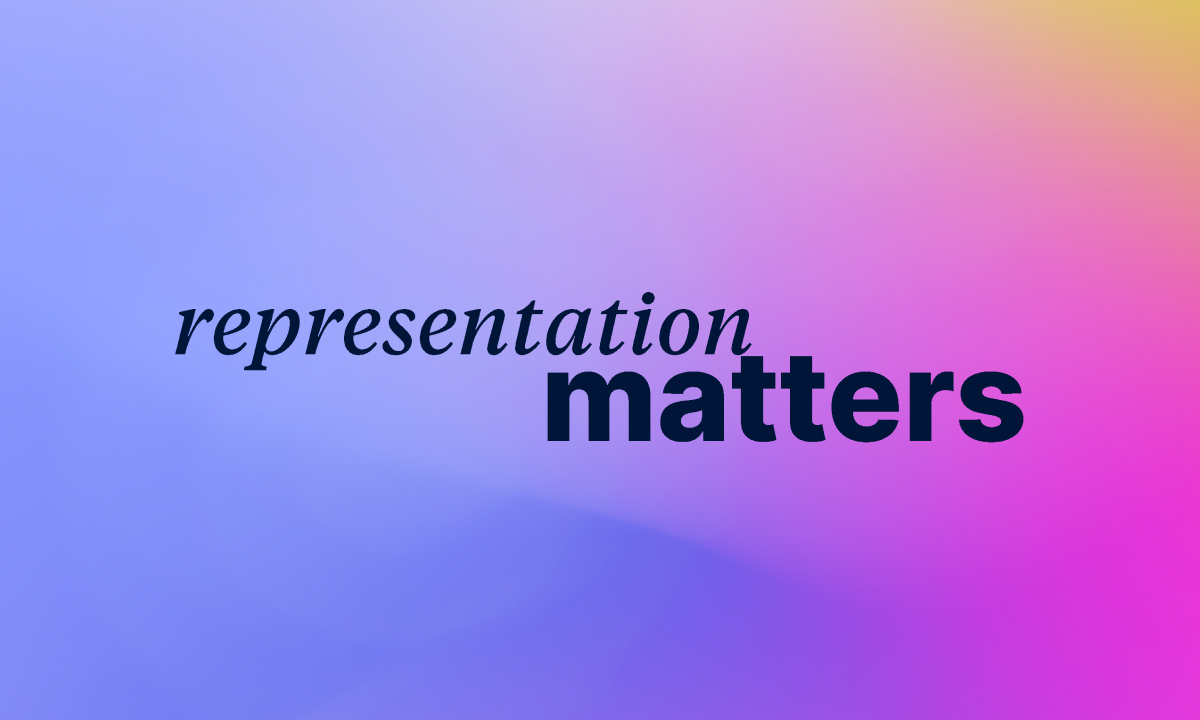Mexico and the United States share much more than just a border. In the super election year of 2024, glass ceilings and abortion rights are potent political issues in both countries.
The recent election of Claudia Sheinbaum, who will take office in October as Mexico’s first female president, is a symbolic achievement that holds the potential to transform the country’s political culture, says Martha Tagle Martínez, a former deputy of the Mexican Congress and an advocate for the legalization of abortion. To do that, the president-elect will need to turn women’s parity in political representation into genuine political power and champion a new vision for the country. “More women in power benefits the entire society because the horizon we are building is to have more just, equitable, and equal societies,” she says.
We recently interviewed Tagle Martínez for a report by the Oliver Wyman Forum, Women Political Leaders (WPL), and the World Bank’s Women, Business and the Law on the positive impact of having more women in political offices.
How significant is it that Mexico has elected its first woman president?
After 200 years since our first president, and 65 men who have been president, we have for the first time a woman president. It’s a long journey that we women have traveled. Reforms to recognize women’s right to vote and be elected were approved by the Congress in 1937, but the decree law wasn’t published until 1953, enabling it to take effect, and women didn’t participate in federal elections until 1955. We had to move to a quota system to increase the number of elected women. This led to the establishment of parity as a constitutional right in 2014.
Now we will have half of the governors in the country being women, and we will have half of the deputies, half of the senators. But we still need to have half of the power. It is men who decide which women and which men occupy these spaces. The hope that a woman president brings is that this will change a bit. It was a man’s will that she became the candidate, but I believe that if the president decides to empower herself, this can start to change.
Is the political system ahead of the people or trailing behind the people in terms of women’s representation and women’s rights?
The Mexican political system is on a long path toward the consolidation of democracy, which began around the 1990s. We are convinced that democracy goes hand in hand with the political representation of women. We need a much more active citizenry and a democracy that goes beyond elections. Otherwise, we are always at risk of setbacks.
Claudia Sheinbaum’s election sends a very powerful, symbolic message that women can be in the highest decision-making position in the country. This changes mindsets, and the possibility for women to see themselves not only as mothers, having children and taking care of their families.
The next impact should be that a woman in the presidency can start generating the changes required for things to work differently. When we have been governed by men, they are the ones who set the priorities based on their gender conditions. That is why we believe that, when a woman comes to power, she should not strip away her womanhood and what it means to live with inequalities. Our government’s approach to security has been to increase the number of police or military, but any woman would tell you that having more police does not make her feel safer. A woman president should come with the vision that we need more than just police and armed forces to guarantee the population’s safety; we also need infrastructure, cultural change, and the president to ask what she can do to bring that change.
What were some of the barriers you faced while you were in office and some of the factors that helped you succeed?
I have often questioned whether I should continue in politics or dedicate myself to something else. In those difficult moments, what has helped me is having other women close to me who support and encourage me. That is why I always believe in women’s networks. In that sense, as we say around here, “My girlfriends save me.”
We have been taught that women must always be successful, we cannot falter, we cannot fail — and that’s not true. There are also complicated moments, and we must find ways to move forward. I believe these women’s support networks will push us forward. If you have clarity about your goals and remember the objective of why you are in politics, it will help you refocus and face the obstacles in your career.
During your time in office, you proposed amendments to Mexico’s health law to ensure access to legal and safe abortions. Why was this important to you?
I am a feminist politician, and one of the fundamental issues we believe in feminism is the right of women to decide, and that right to decide involves our own bodies. One of these issues is precisely to guarantee that women can legally terminate a pregnancy without being criminalized or persecuted. I also believe it is a matter of justice because not all women can access a legal abortion. Those with better economic conditions can do so in a private institution or go to another part of the country or another country where abortion is legalized. In contrast, the poorest women did not have that possibility. Second, it is a health issue. A woman who has decided to terminate her pregnancy will continue with the termination regardless of whether it is prohibited or penalized, and when it is penalized it is done under really difficult and risky conditions for her health and life.
We have a federal system, and only 14 of our 32 states have approved reforms for the legal interruption of pregnancy. The legislative route to achieve legal recognition of these rights is very important, which is why we are insisting on advancing legislation state by state. Activism is also very important.
What’s next on your agenda?
The one issue I am working on is the care system and recognizing the right to care. Our systems have made the care of children, elderly people, sick people, and people with disabilities almost exclusively fall on women, which limits us from engaging in other activities.
Our work has consisted of having more women in power. Why do we want this power? To transform other women’s lives, to achieve equality, to combat violence, to make the necessary changes. More women in power benefits the entire society because the horizon we are building is to have more just, equitable, and equal societies. We are building a society for everyone.


